We have thought of 10 eco habits to implement this 2022, to do good for the planet and our wallet. Through these small measures it will be easier to reduce consumption, reduce the environmental impact and not waste resources. We still have the opportunity to reverse course and save our planet, in our small way we can do a lot every day.
1) Use water bottles instead of plastic bottles
The first eco habit that we recommend is definitely the use of reusable bottles. They can be made of glass or steel, and today they can be found practically everywhere. Every minute 1,000,000 plastic bottles are still sold, each bottle has an ecological footprint of 79g of CO2 (excluding transport) and its production requires approximately 4.6 L of water. The reusable bottles can be refilled over and over again. Also very easy to find are those that have thermal insulation characteristics, which allow you to keep drinks cool for up to twenty-four hours or hot for twelve.
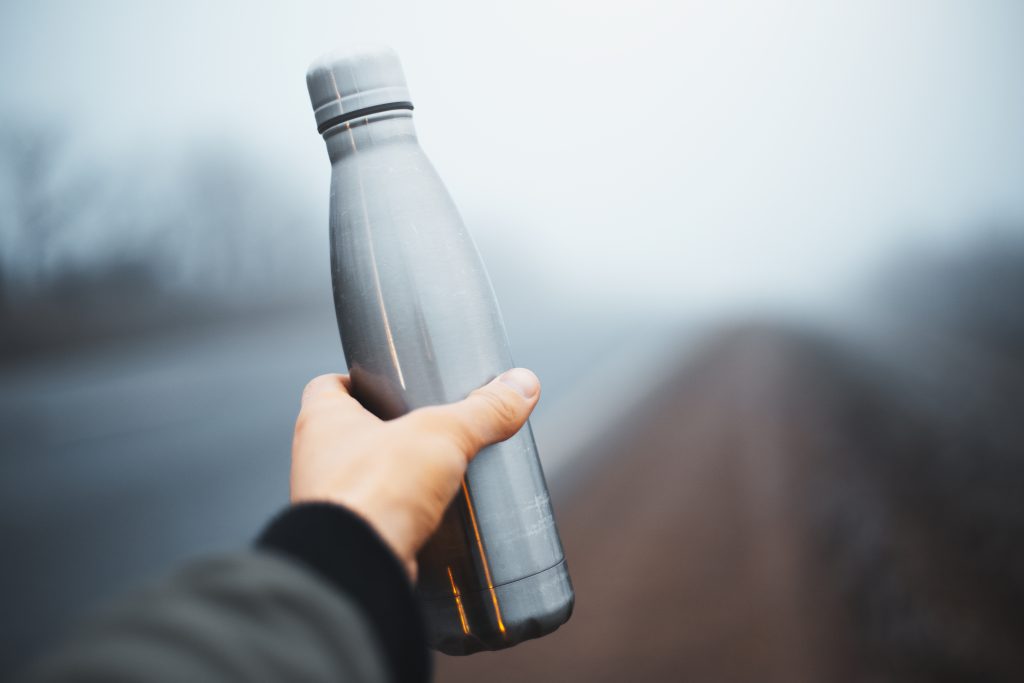
2)Don’t waste fruit and vegetables
To date, one third of the fruit and vegetables produced are thrown away because they do not comply with the aesthetic standards required by consumers. A bruised tomato, a potato with some protuberance or an apple with a few cuts are not taken into consideration as they are considered “ugly” or not of quality. This leads to a huge waste of resources, a conscious consumer recognizes that these characteristics do not make a food bad, on the contrary, they are often indicators of products without pesticides and grown in a more natural way. We also normalize the color of the food which is not always the same, especially during the maturation phases of the product. Due to the stigma of perfection, the products are often treated artificially.
When the fruit and vegetables we have in the fridge seem to go bad, maybe they have a bit of mold in a corner, they don’t necessarily have to be thrown away, just remove the compromised part and possibly cook at high temperature. Otherwise there is always the possibility of freezing the food or dinner leftovers so that they can be eaten in the future.
3) Limit your consumption of meat
Replacing a dish rich in meat with a vegetarian alternative saves 1.46 kg of CO2 emissions and 1000L of water. The production of a beef burger requires about 2,250 L of water and has a much higher cost than a plate of legumes or other vegetarian alternatives. Even just a few days a week in which no meat is eaten is enough to lower the strong environmental impact that derives from its production.
4) Eat and buy seasonal products
This habit is important not only for the planet and the wallet, but also for the health of the organism. Diversifying the products on the tables leads to a greater variety of nutrients we take in and need. In addition, non-seasonal products have higher prices due to the costs of transporting and storing the products. The environmental impact of such transport is very high, food produced at 0 km (or almost) reduces the influence on emissions by up to 21%.
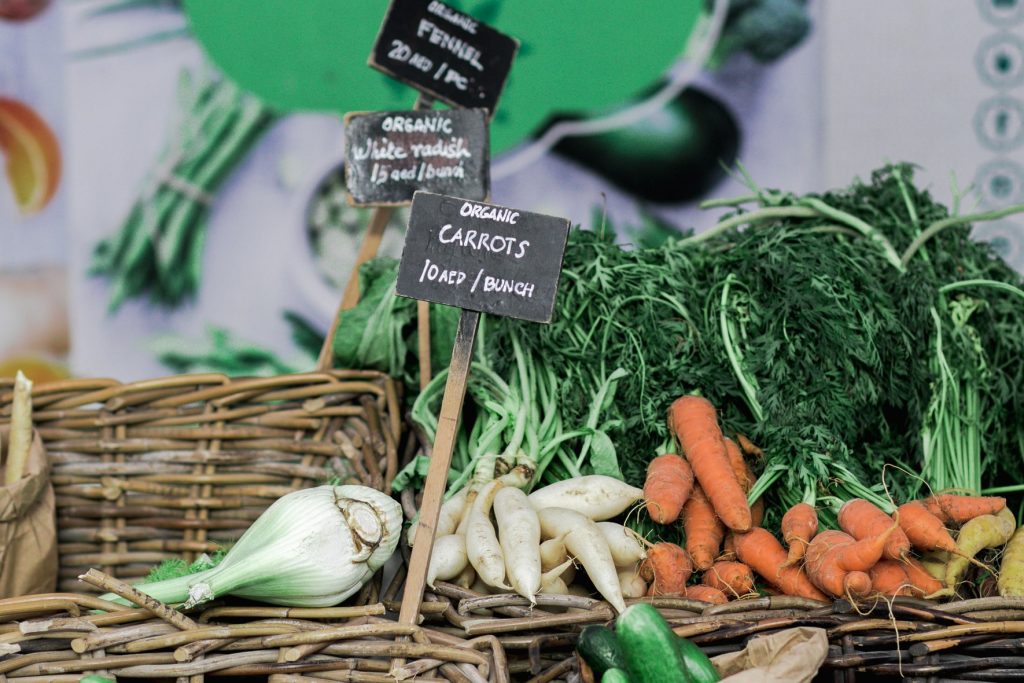
5) Buy vintage and avoid fast fashion
The fashion industry produces 8% of greenhouse gases and 20% of global wastewater annually. 85% of fabrics end up in landfills or are incinerated. Recently, an area that has become a huge open landfill in Chile, called the Atacama Desert, was revealed. The territory extends for 1600 kilometers, tons of clothes produced have accumulated as they are not recyclable or composed of chemicals and toxic to the environment.
Buying vintage allows clothes to have a second life. Today, more than ever, small markets or shops are emerging where it is possible to find clothes of all kinds. Initiatives such as Humana Vintage or Vinokilo make many items available even at low prices and the best part of the coin is that in addition to doing good for the environment, we can find unique clothes. You can learn more about second-hand markets through our flea markets.
6) Drink tap water
There is an inherent stigma that tap water is not good to drink, this is a myth that needs to be dispelled. Tap water can be drunk safely as it is subject by law to controls that guarantee its safety and quality. If you are still not convinced or you do not like the taste of the one in your area, there are ecological solutions that allow you to stop buying plastic bottles. There are filter jugs that purify water or filters to be installed directly on the home tap. These solutions are certainly cheaper than the constant purchase of plastic bottles and have less impact on the environment.
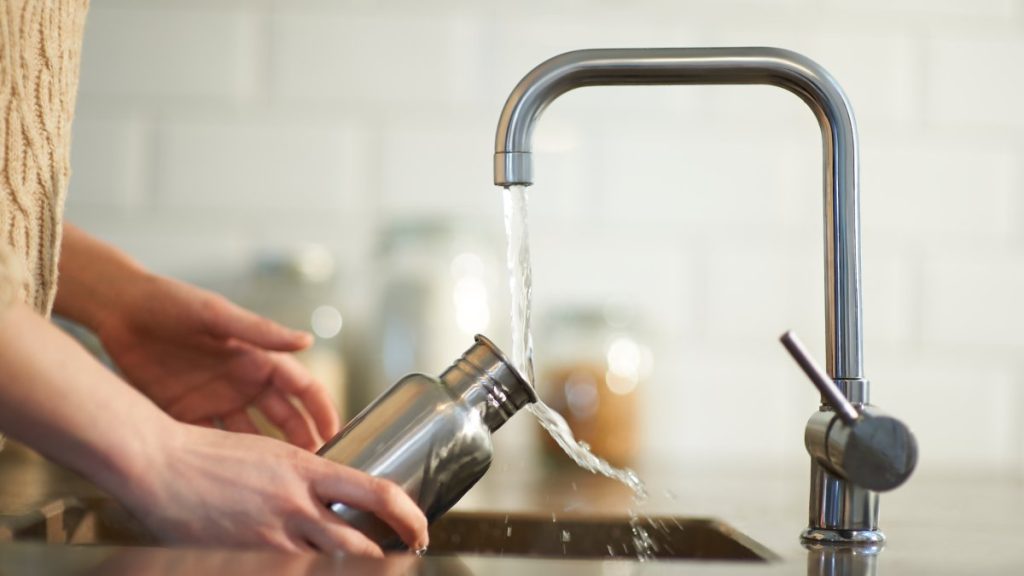
7) Solid soap and shampoo
Through the use of solid soaps we eliminate all plastic reserved for packaging, in fact these products are generally sold in bulk, coated with paper or bioplastic. Although the initial cost of such products may seem higher than a common shampoo in a plastic bottle, solid soaps last much longer and save in the long run.
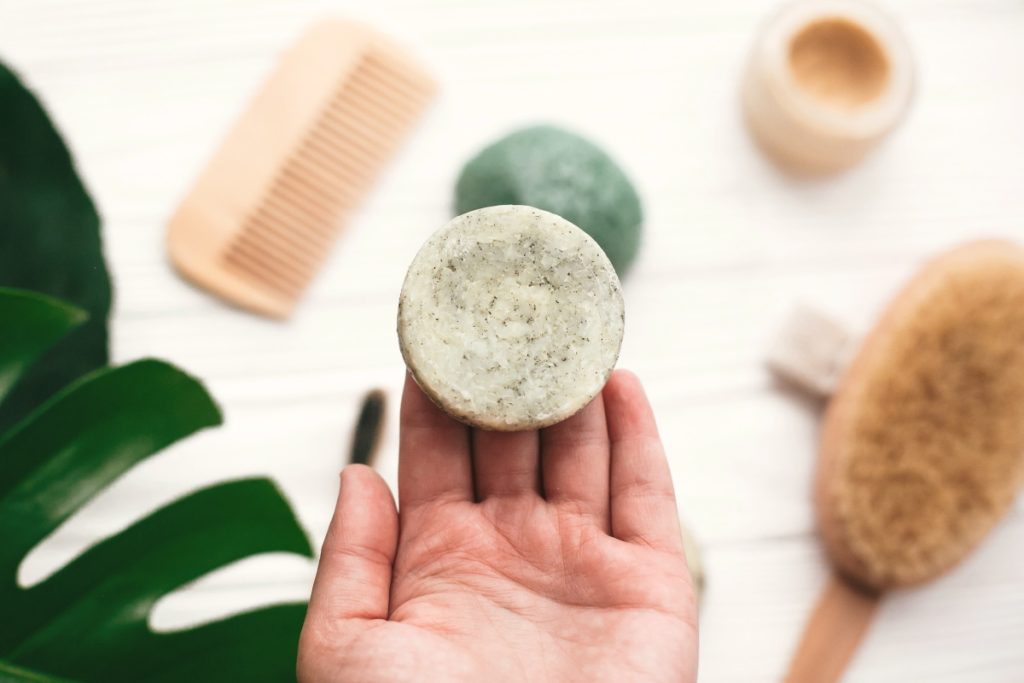
8) Unplug the electrical appliances
The appliances connected to the power outlet consume about 7% of normal energy, even if turned off. This happens because even if the devices are on standby, electricity must necessarily power a series of internal circuits. By unplugging the devices at home we can save a total of € 50 on the annual bill.
9) Bio cotton and beeswax films
Organic reusable films replace disposable wrappers made of paper, plastic and aluminum. They can last up to two years and can be used in various ways: to take the sandwich to work or to close a cheese to keep in the fridge. Using them saves the ocean one square meter of disposable plastic a day and you will no longer have to buy the aforementioned wrappers frequently.
10) Use LED bulbs
LED bulbs are more efficient than incandescent bulbs, save electricity and last longer. Assuming continued consumption, they last between 50,000 and 70,000 hours, which exceeds the old bulbs by approximately 1,000 hours. They consume less energy because they use less energy than incandescent ones, which transform only 10% of the energy consumed into light.
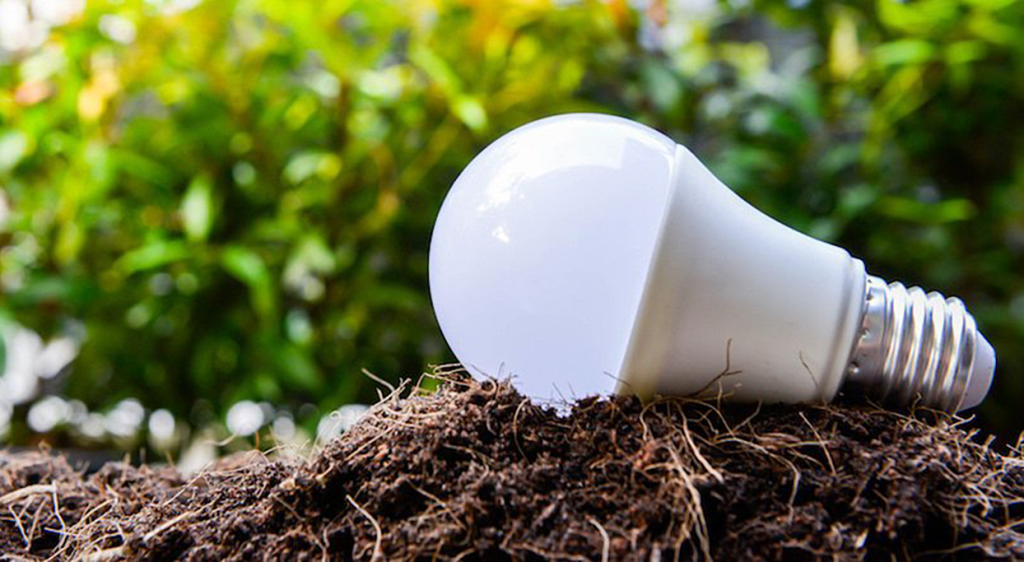
These are the 10 eco habits that we recommend for your 2022, in the name of saving resources for our planet and expenses for us.
You may also be interested in this article





